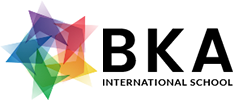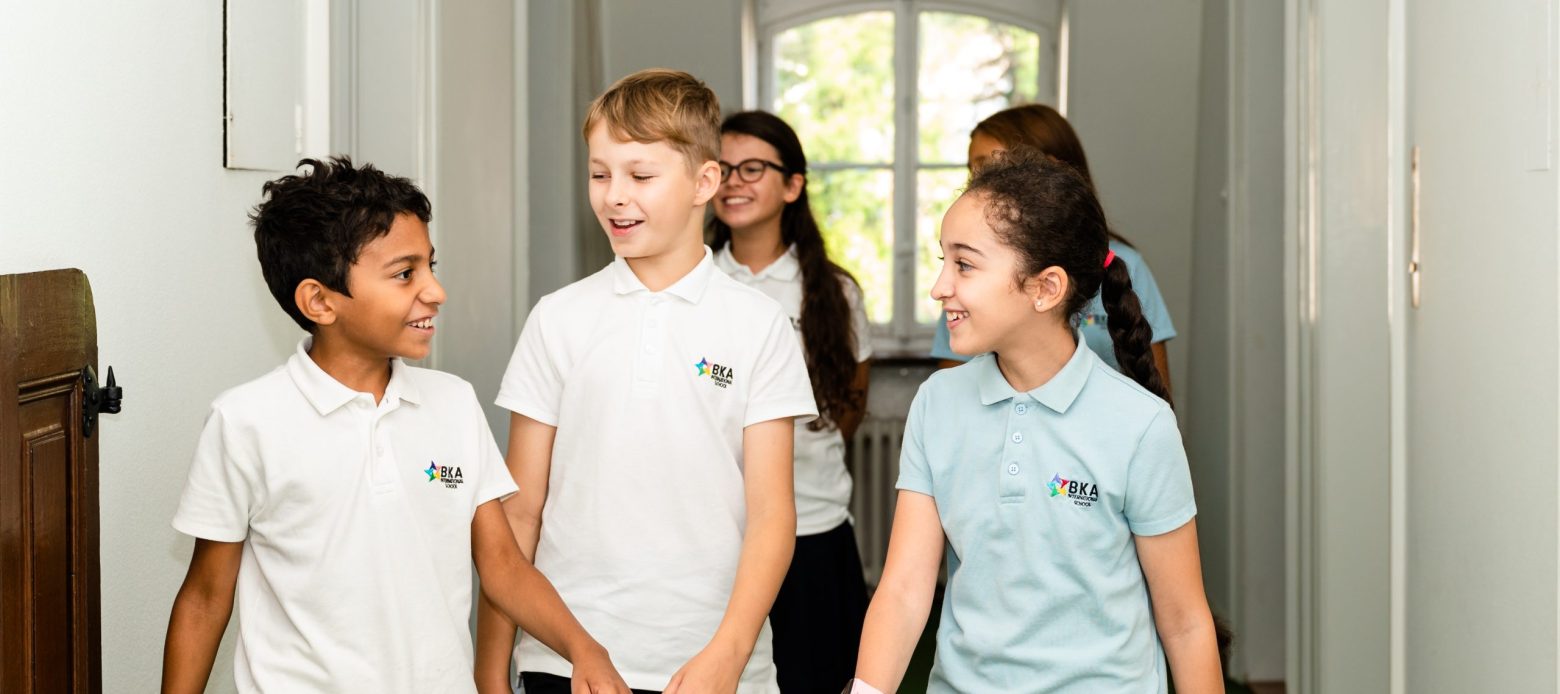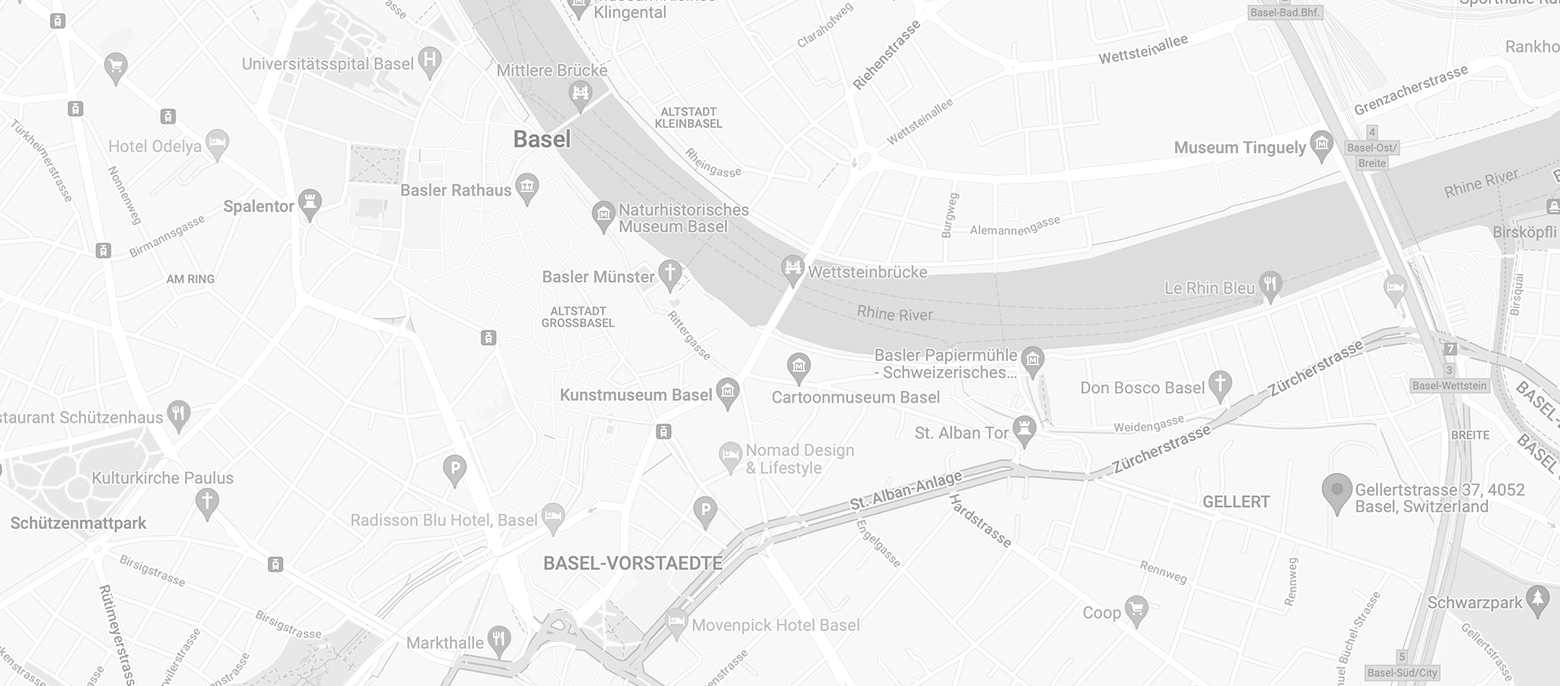The BKA Primary School offers an inquiry based, child centered and academically rigorous curriculum that addresses the intellectual, social and emotional needs of each child. From Grade 1 to Grade 6 students follow the IB Primary Years Programme (PYP) where the values of the IB Learner Profile are at the center of the school’s mission to develop internationally minded students. Our goal is to develop young people who are open minded, caring, good communicators and ready to take responsibility for making a difference to the world around them.
We are proud to be a bilingual school with students learning equally in German and English. Students will spend the majority of their time with the homeroom teacher where they will focus on the study of language (English & German), mathematics, units of inquiry (including science and social studies) and pastoral care. We recognise and celebrate the fact that for many students, English or German is a second or other language. Specialised English & German language acquisition (EAL / DAZ) instruction is given to these students either as a separate pull-out class or as in-class support where the EAL and homeroom teacher work together. From Grade 3 students learn French as an additional language. In addition to the homeroom and language classes, students also receive specialist instruction in physical education, music and art.
Students are encouraged to appreciate the host country culture and to look for opportunities to serve and care for the people and environment around them. Students are frequently involved in curriculum related field trips and opportunities to learn from experts within the community.
The Primary Years Programme (PYP) offers a transdisciplinary, inquiry-based and student-centered education with responsible action at its core, enabling students to learn between, across and beyond traditional subject boundaries.
The framework serves as the curriculum organizer and offers an in-depth guide to achieve authentic conceptual inquiry-based learning that is engaging, significant, challenging and relevant for PYP students.
Through the programme of inquiry and by reflecting on their learning, PYP students develop knowledge, conceptual understandings, skills and the attributes of the IB Learner profile. Informed by constructivist and social-constructivist learning theories, the emphasis on collaborative inquiry and integrative learning honours the curiosity, voice, and contribution of the students.
The pillars of the PYP curriculum framework
The transdisciplinary model extends across all three pillars of the PYP curriculum framework—the learner, learning and teaching, and the learning community.
- The learner: describes the outcomes for individual students and the outcomes they seek for themselves (what is learning?)
- Learning and teaching: articulates the distinctive features of learning and teaching (how best to support learners?)
- The learning community: emphasizes the importance of the social outcomes of learning and the role that IB communities play in achieving these outcomes (who facilitates learning and teaching?)
Agency, self-efficacy and action
Agency and self-efficacy are fundamental to learning in the PYP. Throughout the programme, the learner is an agent for their own and others’ learning. They direct their learning with a strong sense of identity and self-belief, and in conjunction with others, build a sense of community and awareness for the opinions, values and needs of others.
Action, the core of student agency, is integral to the PYP learning process and to the programme’s overarching outcome of international mindedness. Through taking individual and collective action, students come to understand the responsibilities associated with being internationally-minded and to appreciate the benefits of working with others for a shared purpose.
What is an IB education?
This document explains the ideals that underpin all IB programmes, communicating what lies at the heart of an IB education.




